History lives on Stone’s “JFK: Directors Cut” 4K UHD
- Bill Kelley III
- Jan 26, 2024
- 8 min read
Updated: Jan 30, 2024
4K ULTRA HD REVIEW / HDR SCREENSHOTS
Kevin Costner plays Orleans Parish District Attorney Jim Garrison, who arrested and charged New Orleans businessman Clay Shaw (Tommy Lee Jones) with conspiring to assassinate President John F. Kennedy. Garrison speaks to the jury during the trial, while flashback moments from the Dealey Plaza crime scene fill the screen.
(Click on an image to scroll through the larger versions)
“JFK: COLLECTOR’S EDITION”
4K Ultra HD & Blu-ray; 1991; R for profanity, violence, and brief sexuality
Best extra: “One person can make a Difference” featurette
WRITER/PRODUCER/DIRECTOR Oliver Stone remembers that November 22nd day of 1963 as if it were yesterday. Word spread like wildfire at The Hill boarding school just outside of Philadelphia – where Stone attended – that the 35th President John F. Kennedy had been assassinated. “The whole school was shocked. We sat through that whole weekend around TV sets. And like all the rest of America, followed it up through the funeral on Monday,” Stone says during a recent interview with Truthdig.com
In 1988, Stone was given a copy of “On the Trail of the Assassins” on the murder of President Kennedy. The author was Louisiana appellate judge Jim Garrison, played by Kevin Costner, Hollywood’s biggest star at the time. Garrison was the Orleans Parish District Attorney during the summer of 1963 when Lee Harvey Oswald (Gary Oldman) was arrested for disturbing the peace. He had been involved in a fight with Cuban exiles while handing out pro-Fidel Castro fliers, but Garrison considered the incident staged since Oswald worked within the office of the Cuban exiles. His investigation pointed out that the assassination conspiracy was orchestrated by the CIA and the key figure was a conservative, gay New Orleans businessman Clay Shaw aka Clay Bertrand (Tommy Lee Jones), a source for the CIA’s Domestic Contact Service (DCS).
Oswald, an ex-Marine radar operator who had been stationed at an air base in Japan, where the CIA flew U-2 spy missions over the Soviet Union, claimed he was just a “patsy” in the assassination. He had recently taken a job at the Texas School Book Depository overlooking Dealey Plaza where Kennedy and Texas Governor John Connally were shot.
(1-4) Writer/producer/director Oliver Stone opens “JFK” with historical photographs, news footage, and the 8mm Zapruder film of the assassination. (5&6) Chief Investigator Lou Lvon (Jay O. Sanders) tells District Attorney Jim Garrison (Kevin Costner) that President Kennedy has been shot in Dallas. (7) Lee Harvey Oswald (Gary Oldman) is arrested and interviewed by the Dallas press.
Oswald had defected to Moscow several years earlier in 1959, working at a radio and TV factory in Minsk, Belarus, and married the niece of a ranking officer in the Soviet Ministry of Internal Affairs. Oswald, his wife Marina Prusakova and their first child reentered the U.S. in 1962, without any interrogation. They were eventually introduced into the Russian community of Dallas with Russian baron and suspected spy George de Mohrenschildt, who fatally shot himself in 1977, just before he was to testify before the House Subcommittee on Assassinations.
When the Soviet Union collapsed in 1992, the KGB released its Oswald files. They suspected Oswald was a CIA operative and determined he was a poor shot from his hunting trips in Russia.
Stone was so captivated by Garrison’s book he read it three times, bought the movie rights, and sold the biopic to Warner Brothers. The studio gave him $40 million to produce the film.
The political thriller premiered just before Christmas in 1991, receiving mixed to generally favorable reviews. The studio wouldn’t allow Stone to insert an intermission – except in the Netherlands, he says during the new featurette. “A lot of people saw it and were moved by it, but you must present a certain amount of information so the audience can understand there was a conspiracy to kill the president. It’s very hard to accept and the more you think, the harder it is.”
Uncovering the Conspiracy
(1&2) Garrison interviews David Ferrie (Joe Pesci), a former Eastern Airline pilot, and his connection with Lee Harvey Oswald. (3) Garrison’s investigation spans most of the 1960s. (4) A flashback scene as a trainyard operator testifies in front of the Warren Commission of the activity he saw along the picketed fence above Dealey Plaza. (5) Garrison interviews private detective Jack Martin (Jack Lemmon), and his relationship with former FBI agent and private detective Guy Banister (Ed Asner). Banister was involved with anti-Castro Cuban exiles and friends with Ferrie and Oswald. (6) Garrison interviews Willie O’Keefe (Kevin Bacon) about his pay-for-sex relationship with Clay Shaw (Tommy Lee Jones) a wealthy New Orleans businessman. (7) Ferrie heads a meeting with anti-Castro Cuban exiles, and with Clay Shaw and Lee Harvey Oswald.
The late film critic Roger Ebert wrote in his biweekly series “The Great Movies,” “Oliver Stone was born to make this movie and ‘JFK’ is a masterpiece.” The three-plus hour film was filled with a lot of exposition but, “Stone essentially asks us to listen while a character explains things. These scenes could have been deadly,” Ebert said. “He makes them exciting by using persuasive actors, by cutting between different points of view, and by reconstructing the events being described.”
Stone assembled an all-star cast including Costner, Jones, Oldman, Sissy Spacek, Joe Pesci, Jack Lemmon, Ed Asner, Walter Matthau, Kevin Bacon, Donald Sutherland and John Candy.
Stone still felt “JFK” faced a mountain of negative press from the mainstream media, pushing that Lee Harvey Oswald had acted alone. “The lies were enormous. The movie chips away at the lies,” the director says. Ebert himself faced “a tongue-lashing” from former CBS news anchor Walter Cronkite. “There was not, he said, a shred of truth in it. It was a mishmash of fabrications and paranoid fantasies. It did not reflect the most elementary principles of good journalism. You should be ashamed.”
“JFK” ended up receiving eight Oscar nominations including Best Picture and Director and won two golden statues for Film Editing and Cinematography, while its worldwide box office topped $200 million.
Five months after the release, Stone spoke in front of a Congressional Subcommittee on the “JFK Assassination Records.” The chairman of the subcommittee Rep. John Conyers, Jr. of Michigan introduced the filmmaker. “You are the reason we are here today. You moved the country and your Congress to immediate activity to the subject matter that brings us here today,” Conyers said. The filmmaker spoke for 44 minutes, detailing his demands that Congress should expedite the release of the classified papers on the assassination. “The murder of President John F. Kennedy remains, after nearly 30 years, the crime of the century, and for the overwhelming majority of Americans it is the unsolved crime of the century,” Stone said.
After the hearings, Congress enacted the John F. Kennedy Assassination Records Collection Act of 1992. It mandated all related material be housed in a single collection at the National Archives. The creation of the Records Review Board was made up of five private citizens assigned to re-examine all the papers. When the board finished its work with a report sent to President Clinton in 1998, they recommended, “To release the records to the fullest extent possible to the American people…and these records will shed new evidentiary light on the assassination and enrich the historical understanding of that tragic moment in American history and help restore public confidence in the government’s handling of the assassination and its aftermath.”
Over 320,000 documents have been released, but more than 4,000 remain withheld. The majority of those were from the CIA.
Dallas Witnesses
(1-4) Garrison and Lvon interview witnesses of the Dealey Plaza shooting. The majority of the witnesses said they thought the shots were from the grassy knoll. (5) Garrison interviews Julie Ann Mercer at her home, and she says her testimony of seeing Jack Ruby at Dealey Plaza the morning of the shooting was changed on the Warren Commission documents. Plus, the notarized signature at the bottom of the documents was not her signature. (6) Ruby (Brian Doyle-Murray) testifies in front of the Warren Commission from his jail cell. (7) Garrison and Lvon try to reenact the shooting from the seventh floor of the Texas School Book Depository.
“The film left so many open questions…This is like a Sherlock Holmes case, you must look at every single piece of hair, DNA, and all of the little things add up.” – Oliver Stone
EXTRAS
The Shout Select box set includes one 4K disc and three Blu-rays with one housing all of the new featurettes. The best is “One Person Can Make a Difference” as Stone remembers the innovative production and the divided response “JFK” received from audiences and the media. Additional new bonus interviews with cinematographer Robert Richardson, Dallas location manager Patty Doherty Hess, Fletcher Prouty aka Mr. X, makeup effects artist Gordon J. Smith, additional film editor Hank Corwin and co-producer Clayton Townsend “Supporting the Vision,” who remembers the day he met Stone during the production of the Michael Cimino’s (“The Deer Hunter”) New York crime thriller “Year of the Dragon,” for which Stone had been one of the writers. The two collaborated on seven films from “Born on the Fourth of July” to “Any Given Sunday.”
The Director’s Cut and the Theatrical Cut include an informative and detailed commentary from Stone. In one of the lighter moments, he recalls the day legendary actor Walter Matthau arrived for his one day of filming as U.S. Senate Long. “He walked onto the airplane stage and sat down beside Kevin Costner, who didn’t even recognize him.”
(1) Garrison’s team notices the photograph of Lee Harvey Oswald and his rifle on the cover of Life Magazine, and how the shadows on his face don’t match the shadows in the foreground or background. (2) Many nights Garrison’s team met at his New Orleans home, and his wife Liz (Sissy Spacey) would join the conversation. (3) Garrison discovers his office has been bugged. (4&5) Garrison travels to Washington D.C. and meets informant L. Fletcher Prouty aka Mr. X (Donald Sutherland), Chief of Special Operations for the Joint Chiefs of Staff during the Kennedy Administration. (6) Garrison has a quiet moment with his children.
VIDEO
The original 35mm camera negative (2.39:1 aspect ratio, 1.33:1 during the prologue) for the 189-minute Theatrical Cut and the longer 206-minute Director’s Cut were both scanned in 4K. The first 42 minutes with both edits are identical. But, because of limited funds Stone had to pick between the two versions, for which one would get the complete 4K/HDR grading. “We chose the Director’s Cut,” Stone says on his social media accounts the week the Shout box set was released. “I do understand that the Theatrical Cut is preferred by many, but this was the case where we felt giving the audience ‘more’ was the right decision. There was simply not enough money to release both.”
You wonder if the lack of funds was from financially strapped Warner/Discovery or Shout! or with Stone himself? Interestingly Disney and James Cameron’s production company Lightstorm Entertainment coughed up the money to give the original “Avatar” three versions on its recent 4K release encoded onto 100 GB disc. Seamless technology has been available on physical discs since 1998, giving directors and studios the ability to provide varying cuts on one disc.
So, the more desired Theatrical Cut is encoded onto a 50 GB Blu-ray, with SDR colors and contrast levels, while the Director’s Cut was encoded onto the 100 GB 4K disc with HDR10 and Dolby Vision grading. Peak brightness hits 1056 nits and averages 434 nits, while the video bitrate varies on the lesser side – 23 Megabits per second to 60 Mbps, averaging around 50 Mbps – with its nearly 3 ½ hour running time.
No question the 4K disc provides a more cinematic experience with its expanded contrast levels – especially the more detailed highlights and darker shadows without losing detail, and the colors are more natural and balanced. The Blu-ray has a heavy push to the reddish side. Added resolution on the 4K disc from Richardson’s (“The Aviator,” “Once Upon a Time in Hollywood”) Oscar-winning cinematography applies varying aspect ratios, film stocks from Super 8 to 35mm – driven by the historic 8mm Zapruder filming of the JFK assassination, plus powerful and striking visual textures. Much of the early New Orleans scenes were also captured with a filter mounted onto the Panavision anamorphic lens giving the frames a halation effect. During the recreation of the Dealey Plaza crime scene, Stone and Richardson used 16 cameras.
AUDIO
The 4K disc and the two Blu-rays used the previous six-channel DTS-HD soundtrack, a remastering of the original 2.0 stereo mix, which still provides a powerful punch through John Williams Oscar-nominated score, and sound effects to the side and rear speakers. Also, Shout has provided the original Stereo track for folks who want that old-school front and center soundstage.
A great companion to this top-notch box set is Stone’s documentary series “JFK Revisited: Through the Looking Glass – The Complete Collection” also released by Shout! Factory in 2021, which reexamines the assassination, the Warren Commission and pieces new facts together, narrated by Stone, Whoopi Goldberg, and Donald Sutherland.
— Bill Kelley III, High-Def Watch producer




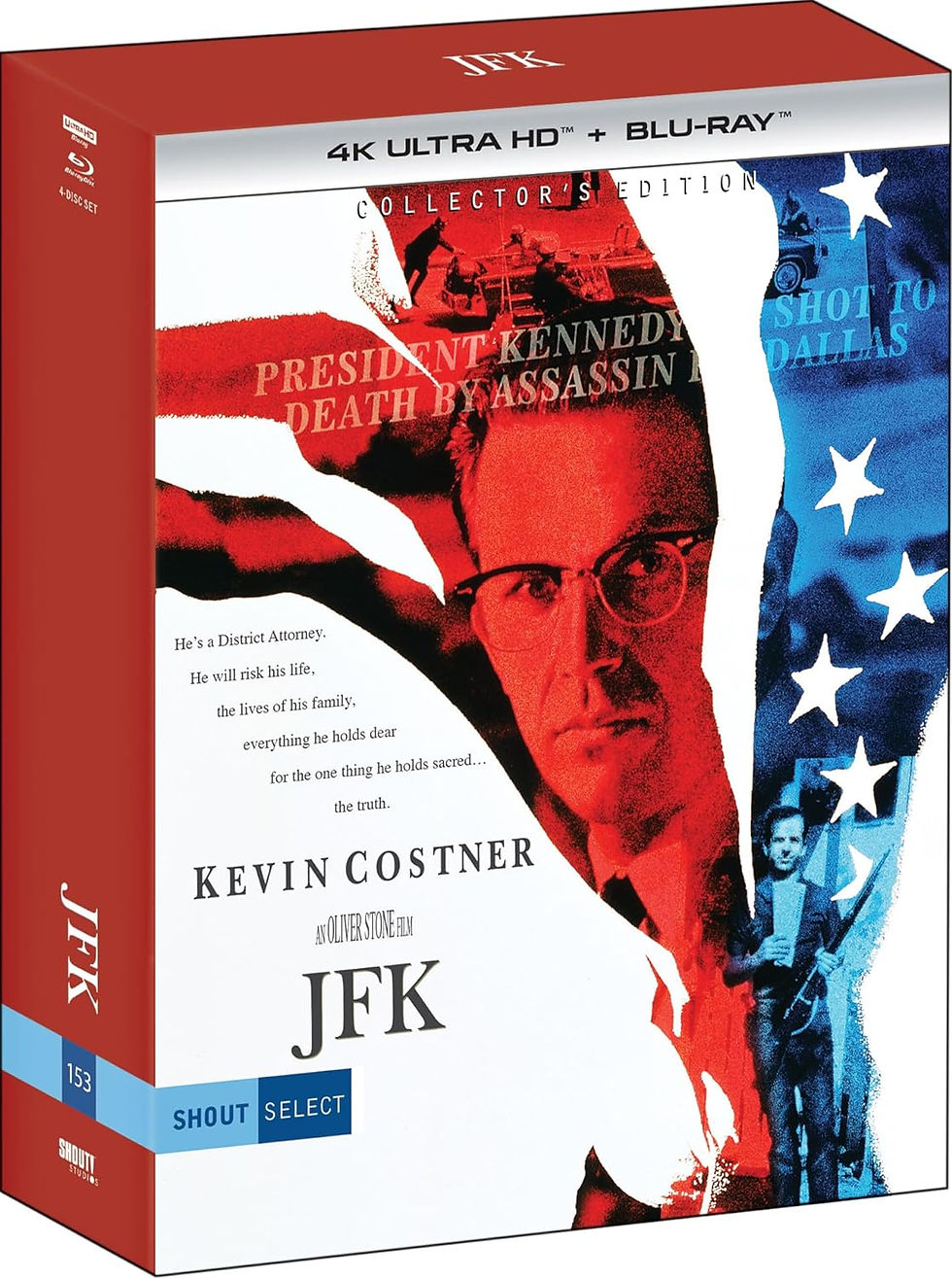







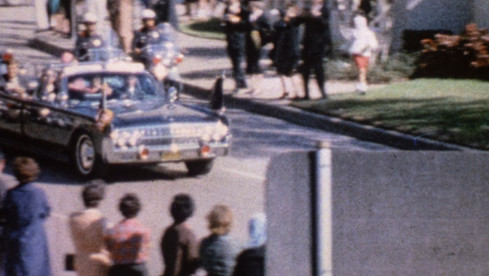
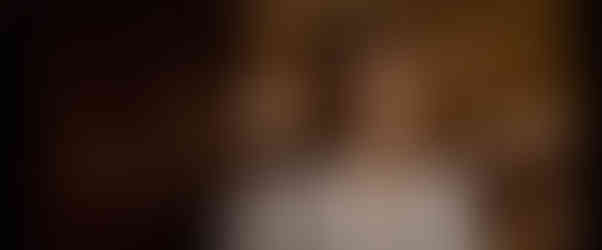









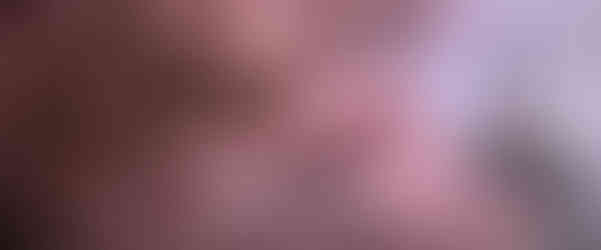









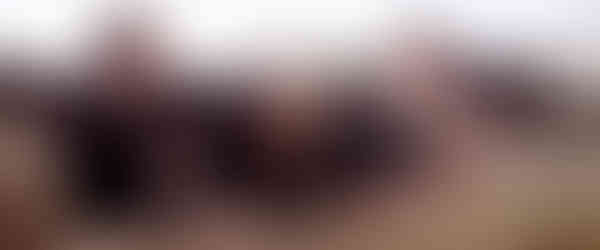






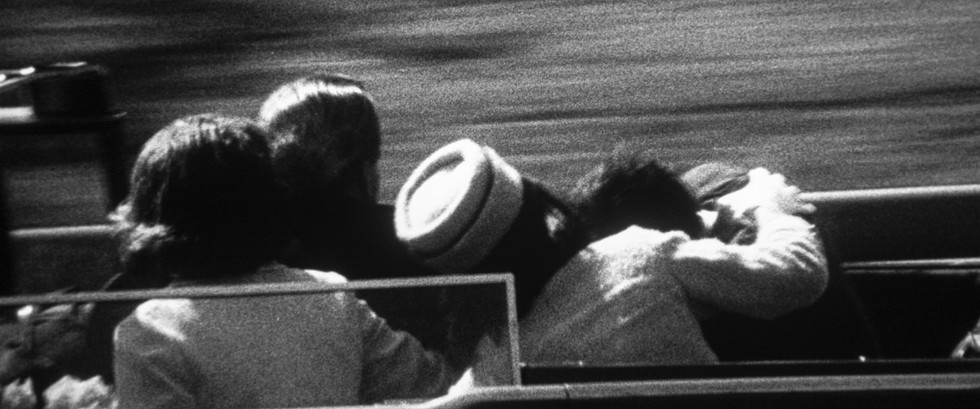




















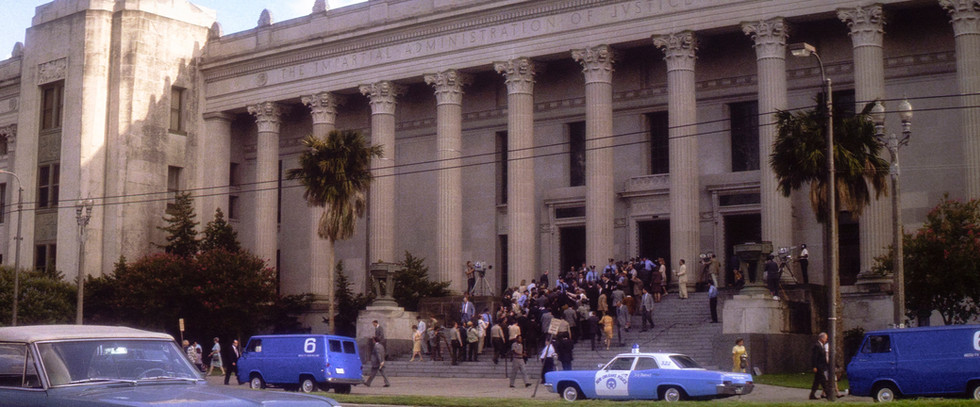








Hello ,
I saw your website www.highdefwatch.com and it's impressive. I wonder if advertising options like guest post, ad content are available on your site?
What's the price if we want to advertise on your site?
Note : Article must not be any mark as sponsored or advertised or like that and we can only pay by paypal.
Cheers
peter smith
petersmithlife@gmail.com